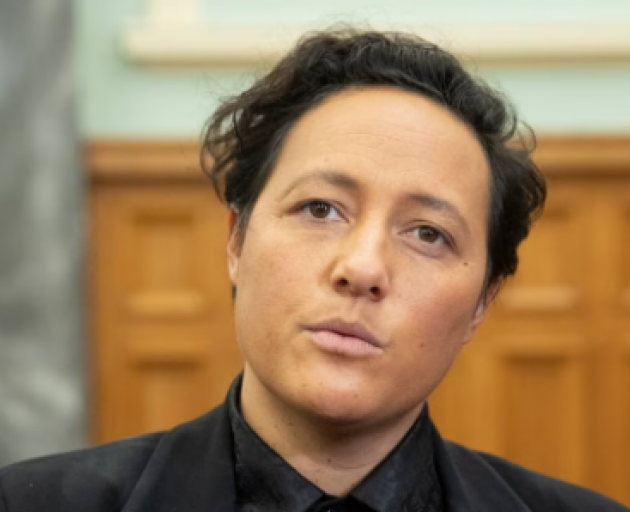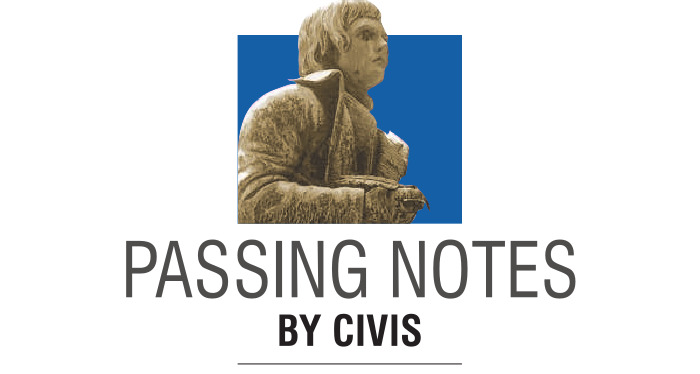
We all too readily apply general information to individuals. It’s often misleading and can be a form of stereotyping.
It’s one of the reasons "identity" politics can be fraught and why it sometimes gets a bad rap.

Last month podcast details were made public.
Ms Allan was diagnosed with stage 3 cervical cancer in 2021. At the time she said: "When I got told that I had cervical cancer, they said for somebody with stage 3C you have a 40% chance of survival. As a wāhine Māori, I have about a 13.3% chance of survival."
The 13.3% claim seemed to have been accepted by her medical staff, the media and others without question.
In her case, though, the number is just plain wrong.
That terrible figure was calculated for Māori women as a whole.
There are all sorts of reasons behind it. Some might apply to Ms Allan. Several do not.
In the mix of causation and association — as well as any direct "wāhine Māori" issues — matters of class, education and poverty come into play.
Access to medical services and how many Māori women engage with, respond to and are treated by these are part of the picture.
In such arenas, arguments are made about "colonialism", cultural alienation, inter-generational trauma and a Pākehā system stacked against Māori.
Ms Allan, despite the awful cancer, was in a privileged position — so much so her survival likelihood was probably even above that overall 40% average.
While she came from a modest working-class background, she went to Auckland Girls’ Grammar, in the reo Maori unit.
Subsequently, she trained as a lawyer, interning in holidays once in former prime minister Helen Clark’s office. She was briefly a judge’s clerk and worked for law firm Chen Palmer.
She, like so many others, might well have been diagnosed earlier.
There could be all sorts of reasons for that, some perhaps related to the factors above. Poverty at the time shouldn’t have been one of them. As a Cabinet minister, she was earning about $300,000 a year.
She also had a doctor friend in fellow minister Ayesha Verrall, who urged her to have immediate tests after they discussed her symptoms. Crucially, she would have subsequently received the best medical care.
Civis was unimpressed by Ms Allan’s comments to Anika Moa as reported by media. She seriously downplayed the incident where she, while justice minister at the time, crashed her ministerial car after drinking. She refused to accompany police afterwards.
Ms Allan displayed a victim mentality. Given her opportunities, that is disappointing. It is so easy to blame the system when things go wrong.
She is talented. One article described her as a bit of a superwoman with the way she handled a tsunami and earthquake response on the same day as her cancer diagnosis.
But she was beset by own goals: the car crash, an inappropriate speech at an RNZ function, conflict of interest questions around a race relations conciliator appointment and alleged bullying in her Cabinet office.
Ms Allan, commendably, used her cancer diagnosis to help raise awareness of the importance of regular pap smears.
While the appalling figures on Māori survival rates should be highlighted, they did not apply to Ms Allan herself.
Those statements undermine credibility and can help obscure fundamental reasons for the appalling statistic.











